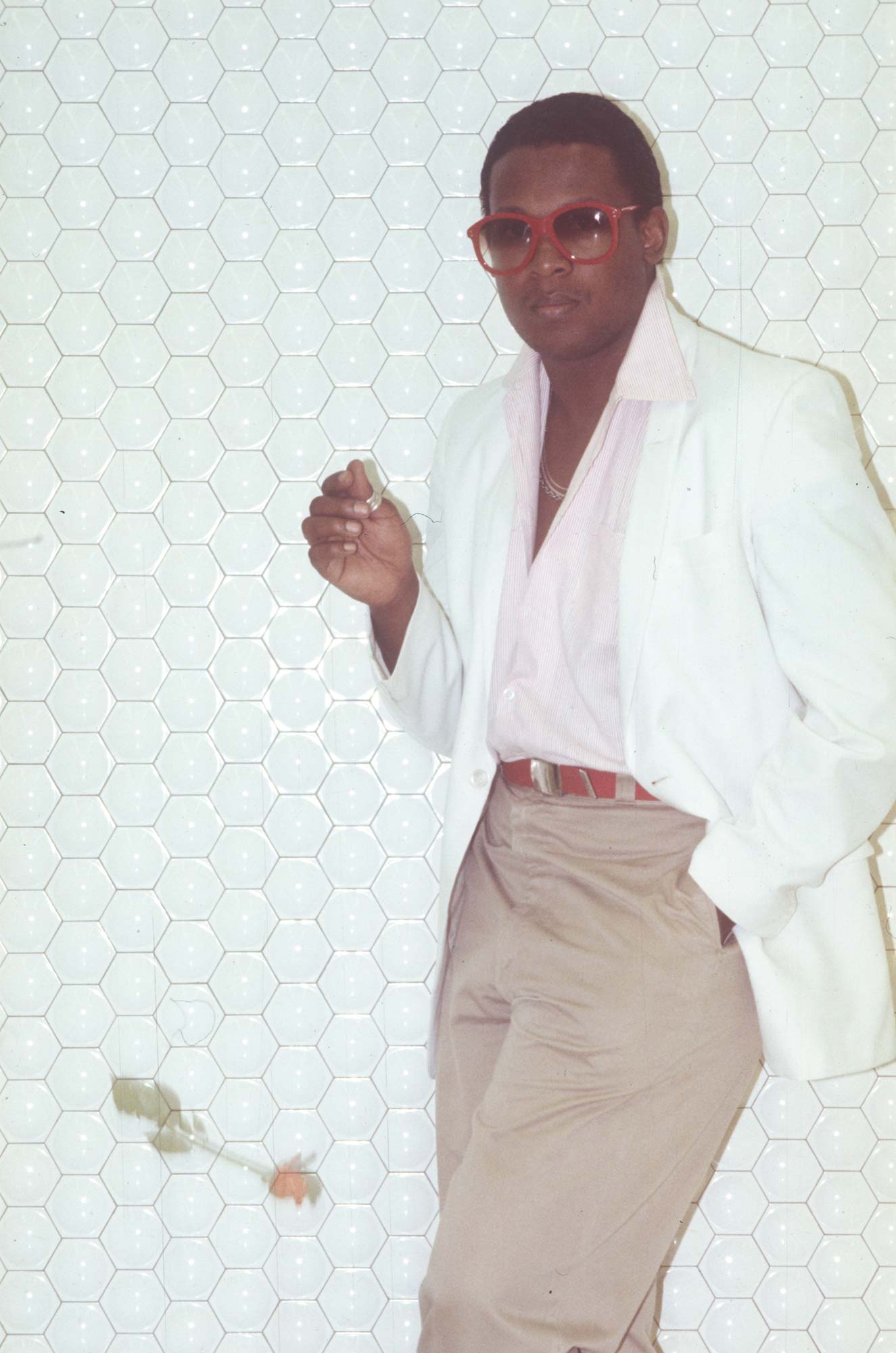ABOUT

Sylvester James Jr. (September 6, 1947 – December 16, 1988), known simply as Sylvester, was an American singer-songwriter. Primarily active in the genres of disco, rhythm and blues, and soul, he was known for his flamboyant and androgynous appearance, falsetto singing voice, and hit disco singles in the late 1970s and 1980s.
Born in Watts, Los Angeles, to a middle-class African-American family, Sylvester developed a love of singing through the gospel choir of his Pentecostal church. Leaving the church after the congregation expressed disapproval of his homosexuality, he found friendship among a group of Black cross-dressers and transgender women who called themselves the Disquotays. Moving to San Francisco in 1970 at the age of 22, Sylvester embraced the counterculture and joined the avant-garde drag troupe the Cockettes, producing solo segments of their shows which were heavily influenced by female blues and jazz singers such as Billie Holiday and Josephine Baker. During the Cockettes' critically panned tour of New York City, Sylvester left them to pursue his career elsewhere. He came to front Sylvester and his Hot Band, a rock act that released two commercially unsuccessful albums on Blue Thumb Records, in 1973, before disbanding.
Focusing on a solo career, Sylvester signed a recording contract with Harvey Fuqua of Fantasy Records and obtained three new backing singers in the form of Martha Wash and Izora Rhodes — aka ‘Two Tons O' Fun’ — as well as Jeanie Tracy. Sylvester’s first solo album, Sylvester (1977), was a moderate success. This was followed by the acclaimed disco album Step II (1978), which spawned the singles “You Make Me Feel (Mighty Real)” and “Dance (Disco Heat),” both of which were hits in the US and Europe. Distancing himself from the disco genre, he recorded four more albums — including a live album — with Fantasy Records. After leaving this label, he signed to Megatone Records, the dance-oriented company founded by friend and collaborator Patrick Cowley, where he recorded four more albums, including the Cowley-penned hit Hi-NRG track “Do Ya Wanna Funk.” Sylvester was an activist who campaigned against the spread of HIV/AIDS. He died from complications arising from the virus in 1988, leaving all future royalties from his work to San Francisco-based HIV/AIDS charities Project Open Hand and AIDS Emergency Fund.
During the late 1970s, Sylvester gained the moniker “Queen of Disco,” and during his lifetime he attained particular recognition in San Francisco, where he was awarded the key to the city after his iconic War Memorial Opera House show, in 1979. In 2005, he was posthumously inducted into the Dance Music Hall of Fame, while his life has been recorded in a biography and made the subject of both a documentary and a musical.

